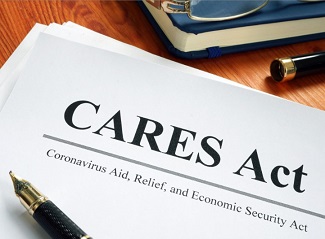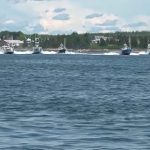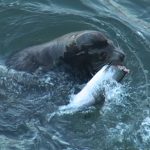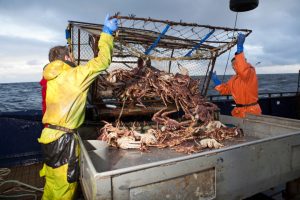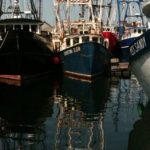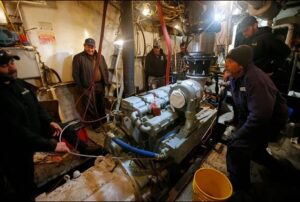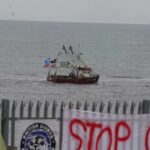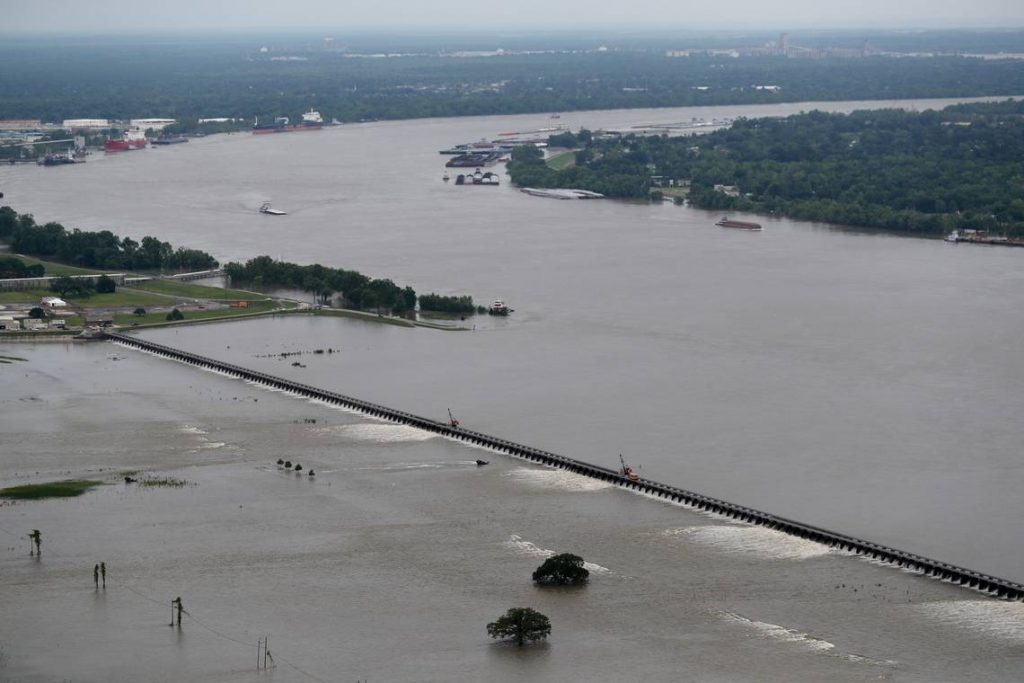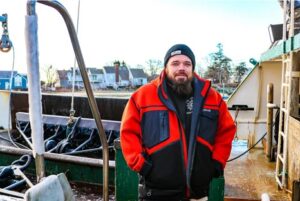With a wind power project proposed off the beach taking a big step forward this week, Mayor Jay Gillian on Thursday criticized the approval process and called offshore energy production “a crazy gamble.” City officials have expressed skepticism about the Ocean Wind 1 project since its proposal, but at the City Council meeting, Gillian went farther than usual, offering a blunt assessment of the project, describing the approval process as rushed and suggesting most of the benefits would flow to a foreign company. Gov. Phil Murphy and company representatives celebrated the approval Wednesday. But the reaction was far different in Ocean City. “Despite the thousands of pages of paper masquerading as a complete review of the project’s impact, we still have absolutely no idea what this will cost the state’s taxpayers and ratepayers, and what benefits we might see in return,” >click to read< 10:58
Daily Archives: July 9, 2023

$20m deal for New Zealand seafood secured with a signed EU-NZ FTA
New Zealand seafood will gain $20 million in tariff reductions when the Free Trade Agreement (FTA) with the European Union comes into force in the first quarter of 2024. The FTA was signed in Brussels on 9 July, slightly more than one year to the date that FTA negotiations concluded. The elimination of tariffs (a tax imposed on imported products) will considerably increase the earnings from New Zealand seafood exports, “New Zealand commercial fishers are stepping up to meet the demand and maintain our global reputation for high-quality, sustainable wild-caught fish. The impact of this deal will be felt across the sector, from the many small family-run fishing businesses to the larger companies that are major employers in our regions,” Dr Helson says. >click to read< 19:26
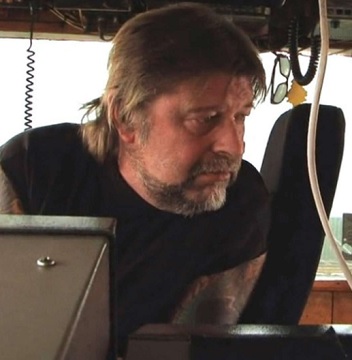
Deadliest Catch: Some Fans Believe Captain Phil’s Tragic Death Was the Show’s Turning Point
Discovery’s “Deadliest Catch” may have 19 seasons and counting under its belt, but some fans believe the show experiences a major turning point in Season 6, which aired in 2010. From the series premiere in 2005, audiences always get to know a bit about the captains and deckhands, but never anything too personal. Largely, it’s all about the dangers of the Bering Sea and filling the pots. That drastically changes in the last few episodes of Season 6, when F/V Cornelia Marie Captain Phil Harris’ emotional last days are chronicled for the world to see. After suffering a stroke off-camera, Harris awakens from a medically induced coma. As shown on “Deadliest Catch,” he’s able to spend some time with his sons — Jake and Josh Harris — before passing away on February 9, 2010. >click to read< 17:21
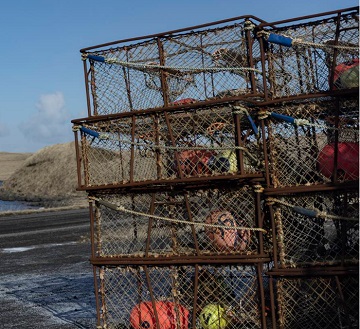
The snow crab vanishes
My small turboprop plane whirred low through thick clouds. Below me, St. Paul Island cut a golden, angular shape in the shadow-dark Bering Sea. I saw a lone island village — a grid of houses, a small harbor, and a road that followed a black ribbon of coast. Some 330 people, most of them Indigenous, live in the village of St. Paul, about 800 miles west of Anchorage, where the local economy depends almost entirely on the commercial snow crab business. Over the last few years, 10 billion snow crabs have unexpectedly vanished from the Bering Sea. I was traveling there to find out what the villagers might do next. Photos, >click to read< 15:54
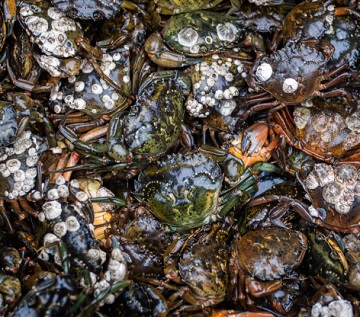
Crab ice cream, anyone? How we might be able to eat our way out of an invasive green crab problem
They’re tiny and they’re wreaking havoc on our coasts, but they also taste pretty good. European green crabs have posed a problem off the coast of Vancouver Island for decades now, and while current conservation efforts have focused on deep freezing them and throwing them in a landfill, some suggest eating them instead. The species, which is found across the Pacific Northwest is aggressive and feeds voraciously on shellfish; they have no natural predators, and they reproduce at a high rate. Each female can have up to 185,000 babies at a time. It’s not just a West Coast problem. Fisheries and Oceans Canada notes that the species, which originally came from Europe and North Africa and likely hitched a ride to North America on wooden ships in the early 19th century, first invaded east coast waters in the 1950s. >click to read< 09:50
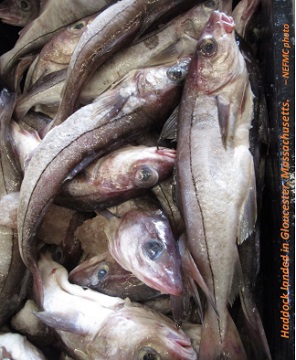
Haddock quotas for fishermen have been drastically cut. What does that mean for haddock eaters?
There is a haddock problem swimming around Gulf of Maine waters. But don’t blame the problem on fishermen catching too many haddock, say Maine commercial fishing advocates like Ben Martens, executive director of the Maine Coast Fishermen’s Association. In fact, they have been fishing in accordance with mandated quotas for decades, he said, regulatory measures that have returned the haddock stocks in the Gulf of Maine to sustainable levels. The problem, rather, is grounded in inaccurate accounting of the boom-and-bust cycles of haddock biomass, that is, how many fish are swimming in the Gulf of Maine at any given time. In April, the New England Fishery Management Council, a regional body that uses industry and scientific data to recommend quotas that restrict how many metric tons of regulated species Maine fishermen can haul in each year, announced a cut in haddock quotas. It represents an 80 percent reduction in allowable catch; the new season began on May 1. >click to read< 08:50







